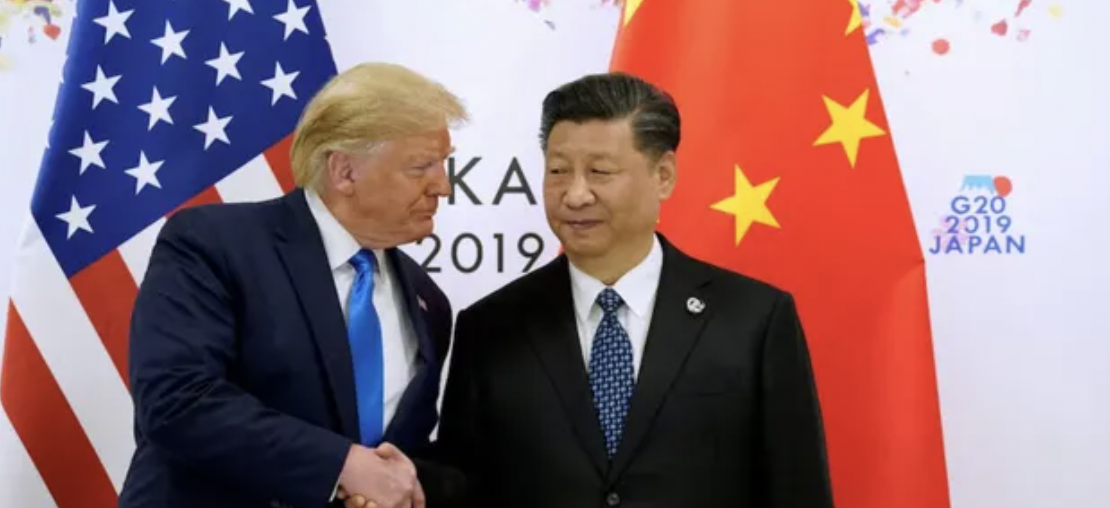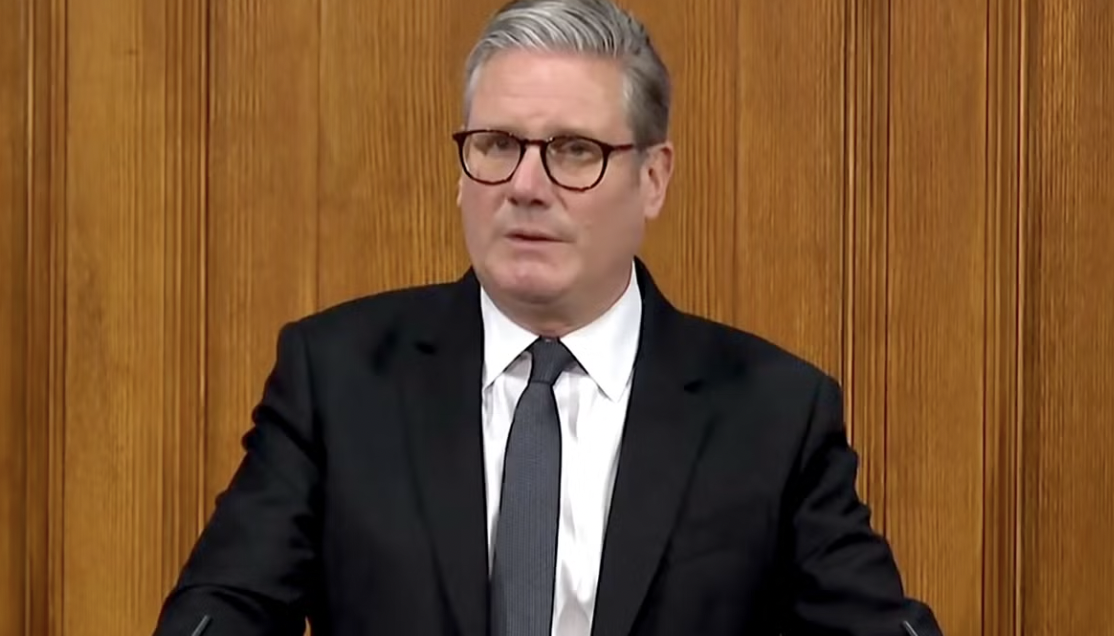UK-US Trade Deal Raises Alarm Over Potential Impact on Beef Standards
London, May 9, 2025 — The UK’s newly signed trade agreement with the United States has stirred significant concern among British farmers, particularly regarding the potential for a flood of substandard beef products to enter the UK market. Under the terms of the deal, which was negotiated between Prime Minister Sir Keir Starmer and US President Donald Trump, tariffs on a range of agricultural products, including beef, have been significantly reduced. While the agreement is hailed as a strategic move to bolster post-Brexit trade relations, many in the agricultural sector fear it could undermine stringent UK food safety regulations and harm the domestic farming industry.
Concerns Over Beef Imports and Standards
The crux of the debate centers around the quality of beef imported from the US. The UK has long maintained some of the highest food safety and animal welfare standards in the world. British farmers and consumer protection groups have voiced concerns that US beef may not meet these same standards, particularly when it comes to practices like hormone treatments, antibiotic use, and the rearing of cattle in conditions that differ significantly from UK norms.
Under the new trade deal, US beef will enter the UK market with reduced tariffs, making it more affordable for British consumers. However, critics argue that this could result in an influx of cheaper, lower-quality beef that doesn’t adhere to the same rigorous standards required for domestically produced meat. The National Farmers Union (NFU) has been particularly vocal in its opposition, warning that this could flood the market and put British farmers at a significant disadvantage.
A Potential Threat to Domestic Beef Industry
The ramifications for the British beef industry could be severe. With tariffs on US beef expected to fall, the UK market could see a dramatic rise in imports, flooding supermarket shelves with beef that many fear is produced with practices that are not aligned with British agricultural standards. This shift could reduce demand for locally-produced beef, hurting British farmers who follow stricter guidelines regarding animal welfare and environmental sustainability.
In particular, concerns have been raised about beef products raised with growth hormones and antibiotics, which are banned in the UK but commonly used in the US. While the UK government has insisted that all imported beef will need to meet existing safety standards, critics argue that enforcement mechanisms may not be robust enough to fully protect consumers and producers.
Government Response and Reassurance
Prime Minister Starmer’s government has responded to these concerns by reaffirming the UK’s commitment to maintaining its high food safety standards. Government spokespersons have stressed that any beef imported under the new trade deal will be subject to UK food safety laws, ensuring that it adheres to the same strict regulations as domestically produced products.
Furthermore, the government has stated that the trade agreement is designed to benefit both consumers and the broader economy, with a focus on securing affordable goods while safeguarding British farming. The Department for Environment, Food & Rural Affairs (DEFRA) has also assured the public that it will closely monitor the implementation of the deal to ensure that UK farmers are not unfairly impacted.
However, agricultural experts remain skeptical. They argue that while the deal may benefit consumers in the short term by lowering prices, it could undermine long-term sustainability in the UK farming sector. By introducing cheaper, potentially lower-quality imports, there is a concern that British beef producers could be forced to lower their prices or risk losing market share, which could ultimately hurt the quality of British beef as a whole.
The Political Implications of the Deal
The trade agreement between the UK and the US is part of a broader strategy by Prime Minister Starmer to secure new trade deals post-Brexit. As the UK seeks to establish its global standing outside the European Union, such deals are seen as vital to the country’s economic recovery and growth. However, this particular agreement is proving to be controversial, as it pits economic priorities against environmental and consumer concerns.
Opposition parties have seized on the issue, with Labour MP and former Minister for Agriculture, Emily Thornberry, calling for the government to clarify how it plans to protect British farming in the face of increased competition from US imports. “This deal risks flooding the market with substandard beef that could undermine the very standards that have made British food some of the safest and best-regulated in the world,” Thornberry stated in a recent press conference.
Environmental groups have also weighed in, pointing out that the trade agreement could have broader implications for sustainability. US beef production, particularly in certain states, is associated with high levels of carbon emissions due to intensive farming practices. This raises the prospect that the trade deal could contribute to the UK’s carbon footprint at a time when the government is striving to meet ambitious climate targets.
Looking Ahead: What’s at Stake for UK Consumers and Farmers?
As the deal begins to take effect, the focus will likely shift to how the UK government manages the delicate balance between consumer demand for cheaper products and the need to protect British farmers. The government has promised to monitor the market closely and take action if it determines that UK beef producers are being unfairly undercut by cheaper imports. However, industry insiders are calling for a more proactive approach to safeguard the integrity of British beef production.
For now, the UK faces the challenge of ensuring that its post-Brexit trade relationships do not come at the expense of its agricultural industry. While the benefits of the UK-US trade deal are clear in terms of fostering economic ties and reducing prices for consumers, the long-term impact on the UK’s food standards and domestic farming remains to be seen.
Conclusion
The UK’s trade agreement with the US is a significant milestone in post-Brexit relations, but it comes with a range of complex issues that need careful attention. The concerns raised by British farmers and environmental groups should not be dismissed, as they highlight the tension between economic goals and the preservation of high standards for food safety and environmental sustainability. As the deal is implemented, the government will need to demonstrate its commitment to protecting both consumers and producers in order to ensure the future stability and integrity of the UK’s food industry.
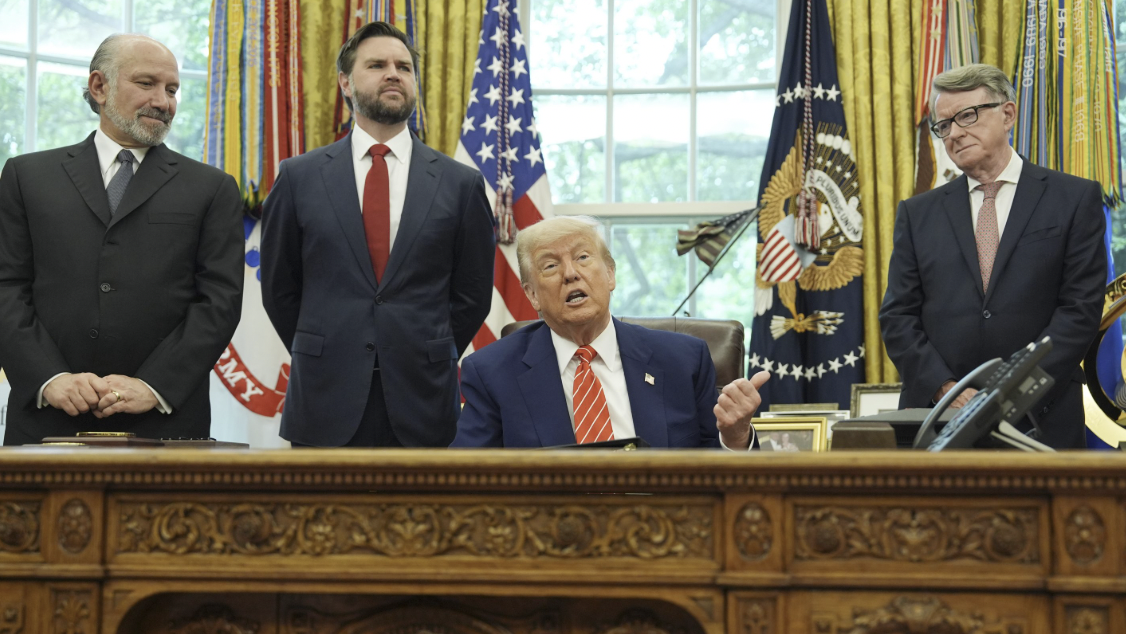

 Crime6 months ago
Crime6 months ago
 News6 months ago
News6 months ago
 Business6 months ago
Business6 months ago
 Crime6 months ago
Crime6 months ago
 Politics6 months ago
Politics6 months ago
 Business6 months ago
Business6 months ago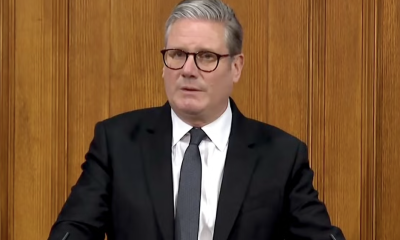
 News6 months ago
News6 months ago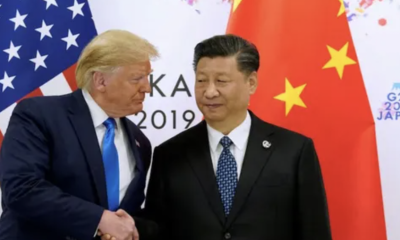
 News6 months ago
News6 months ago

